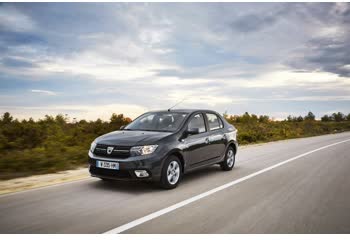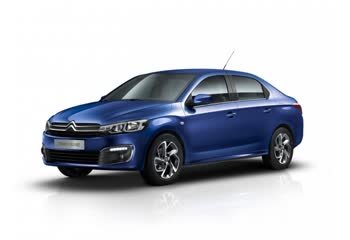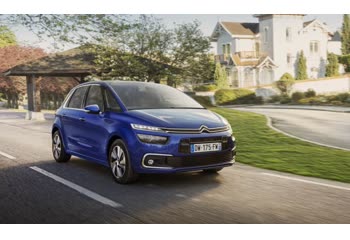Everything you need to know about specifications and performance - Dacia Sandero 2016 - 1.5 dCi (90 Hp) Start&Stop Easy-R

Overview:
What is the engine capacity of a Dacia Sandero 2016?
The engine capacity of the Dacia Sandero 2016 is 1461.
Dacia Sandero 2016 How many horsepower?
The engine power of the Dacia Sandero 2016 is 90 Hp @ 4000 rpm..
What is the Dacia Sandero 2016 engine?
Dacia Sandero 2016 engine is K9K 626. (Click to see other cars using the same engine)
How much gasoline does a Dacia Sandero 2016 consume?
The Dacia Sandero 2016 consumes 3.6 liters of gasoline per 100 km
General:
Engine:
Performance:
Space:
dimensions:
Powertrain, Suspension and Brakes:
See also

Last generation.
Its production began in 2022 until Now

Same engine. (K9K 626).
Its production began in 2016 until 2018

Same engine. (K9K 626).
Its production began in 2015 until 2016

Same production year and almost the same engine capacity.
Its production began in 2016 until Now

Same production year and almost the same engine capacity.
Its production began in 2016 until 2018

Write a comment